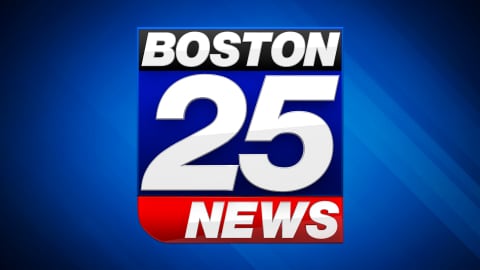BOSTON — Most things can be delivered to someone’s door, and soon adults in Massachusetts can add marijuana to that list.
The state’s Cannabis Control Commission approved adult-use marijuana delivery in 2019. Advocates argued delivery would help licensed businesses compete with the illicit market and lower financial barriers for minority applicants.
For consumers, it means access to products without having to go to a brick-and-mortar location. There are two license types: A courier license works as a favorite third-party food delivery service. You order from a traditional brick and mortar dispensary, and it’s delivered to consumers for a fee.
The second type is an operator license, where delivery businesses can purchase products wholesale, sell them online, and deliver direct to your door.
But there are rules: all vehicles need to be unmarked, product on-board cannot exceed $10,000, and deliveries can only be made on private property. Public housing developments and college campuses are prohibited.
Supporters told Boston 25, for applicants, the delivery market is a means to equity under state law. Massachusetts is the only state with diversity and social equity program baked into its legislation.
According to the CCC, social equity and economic empowerment applicants make up just 8 percent of all applications approved by the CCC in the last five years. Just nine have opened for business.
Industry experts say with smaller start-up costs, delivery business opportunities lower some barriers for applicants of color, who might be disproportionately impacted by the War on Drugs.
Social equity applicants have exclusive access to cannabis delivery licenses for the first few years.
CNA stores CEO Robert DiFazio is helping an employee get started in the delivery business.
“The one thing that this industry teaches you is how to manage at the speed of change,” DiFazio said.
Devin Alexander is the CEO of Rolling Releaf and the founder of the Massachusetts Cannabis Association for Delivery.
“How many social applicants are current license holders? How many minorities are current license holders?” Alexander said. “There’s current legislation that has been filed to allow for a social equity trust fund which is crucial. That’s a key component missing in Massachusetts social equity programs. Access to capital is the top barrier.”
Boston 25 News was there as Pure Oasis opened in Boston’s Grove Hall in March 2020, the first economic empowerment applicant to open in the state. Haynes asked co-owner Kobe Evans if he believes the state is living up to its obligation under the equity provision.
“Those that were close to the pain need to be close to the profit, and this is an exciting opportunity with delivery in creating an option to address some of the issues around poverty and opportunity around being business owners and building generational wealth,” Evans said.
Cox Media Group

:quality(70)/cloudfront-us-east-1.images.arcpublishing.com/cmg/2DRBVTNXJBF3HDQ4ASNMVGSIQQ.jpg)
:quality(70)/cloudfront-us-east-1.images.arcpublishing.com/cmg/M7XLU5BEQVGPRNBJVTIE7BB464.jpeg)

:quality(70)/cloudfront-us-east-1.images.arcpublishing.com/cmg/QMCNJWOZF5HVTHVBXM5MDHXBS4.jpeg)
:quality(70)/cloudfront-us-east-1.images.arcpublishing.com/cmg/DPCDKK6YTFDOZMJYCNGBMXUWWA.jpg)